Getting A Visa And Residency In Paraguay
Just like in most countries, there’s a good deal of bureaucracy surrounding the Paraguayan residency process. In reality, it’s very simple, if a bit slow.
The short version is that all it really takes is a police report from your home country, US$6,000 in a Paraguayan bank account, your birth and medical certificates, and a few days’ stay in Asuncion.
In return you will receive a card identifying you as a permanent resident.
As of September 2014, it became even simpler because Paraguay joined the Hague Convention. What this means is that documents from, for example, the U.S. government are accepted at face value in Paraguay, based on an apostille issued by the U.S. State Department, so there is no longer any need to go through the Paraguayan Consulate as part of the process.
Unlike in many countries, where permanent residency comes up for renewal every so often, in Paraguay it doesn’t. Permanent means permanent.
Most importantly, it only ceases to become permanent if specifically revoked, for which you would have to create some major waves upsetting the Paraguayan authorities.
You will also receive a cedula, or ID card. You can use a cedula to open a bank account and for all ID purposes in Paraguay.
Urban legend says you can also use the cedula as a travel document throughout the Mercosur region. This is a half-truth: Paraguayan citizens can indeed travel on their cedulas with no need for a passport.
However, cedulas issued to foreigners should technically be accompanied by the foreign passport when crossing borders. It may well be that some border officials won’t notice the difference or won’t care.
And indeed, on some Paraguayan borders, such as from Ciudad del Este into Brazil, there is basically no border control anyway—you have to go and search for an immigration official to stamp your passport.
The problem would occur if you want to fly out of Sao Paulo or Rio, hundreds of miles away, to an international destination and the Brazilian authorities find you have no entry stamp in your passport.
The long version on Paraguay residency is a bit more complicated. Of course, there are different residency categories under which you can apply. There is temporary residency as well.
And, if putting down a US$6,000 deposit is a problem, you could apply by setting up a company instead, by showing that you have employment lined up, or by marrying a Paraguayan, for example.
Equally, there are a bunch of other bureaucratic requirements I haven’t mentioned, such as getting certified translations of your certificates, getting a certificate of residency in Asuncion witnessed by your local police station, getting a local credit report, getting a certificate that you are not wanted by Interpol, and so on.
You can do the process yourself, starting by sitting in line at the immigration office. I know people who have done this, and it took them about a month of many visits to different government and police departments.
However, the easy solution is to use the services of an attorney or local immigration consultant. These people have lots of experience to the extent that they’ve almost got it down to mass production.
They will handle most of the bureaucracy for you in the background, even providing you with the requisite local address, so all you really need to do is show up once at the immigration office, once at the police, and once at the bank with your US$6,000 cash in hand to make the deposit (remember it’s a cash society…you could technically use a check or wire transfer but you would significantly delay the process).
Second Citizenship In Paraguay
After three years of permanent residency, you can apply for naturalization as a Paraguayan citizen. Once approved, you can apply for a Paraguayan passport just like any other Paraguayan citizen.
The country allows dual citizenship by reciprocation (i.e. as long as your home country allows dual citizenship, Paraguay will allow it too).
Paraguayan residency isn’t hard to get, either. A US$6,000 investment in a Paraguay bank account is enough for permanent residency that never has to be renewed.
After approval, you don’t even have to remain physically present in the country. But, if you do, know that residents pay no tax on foreign-source income.
Also, you will need to show a connection to Paraguay in order to apply for naturalization. You can do that by showing you own property or have local friends or business partners.
While the residency requirement is a short three years, the approval process can drag out to as long as two years, depending on how backed up the system is when you apply
The bad news is that it’s getting harder. The good news is that many people have, during the years, become naturalized Paraguayan citizens, and it’s still possible.
Gone are the days when you could fly in, get your residency, fly out, and then return three years later for your passport.

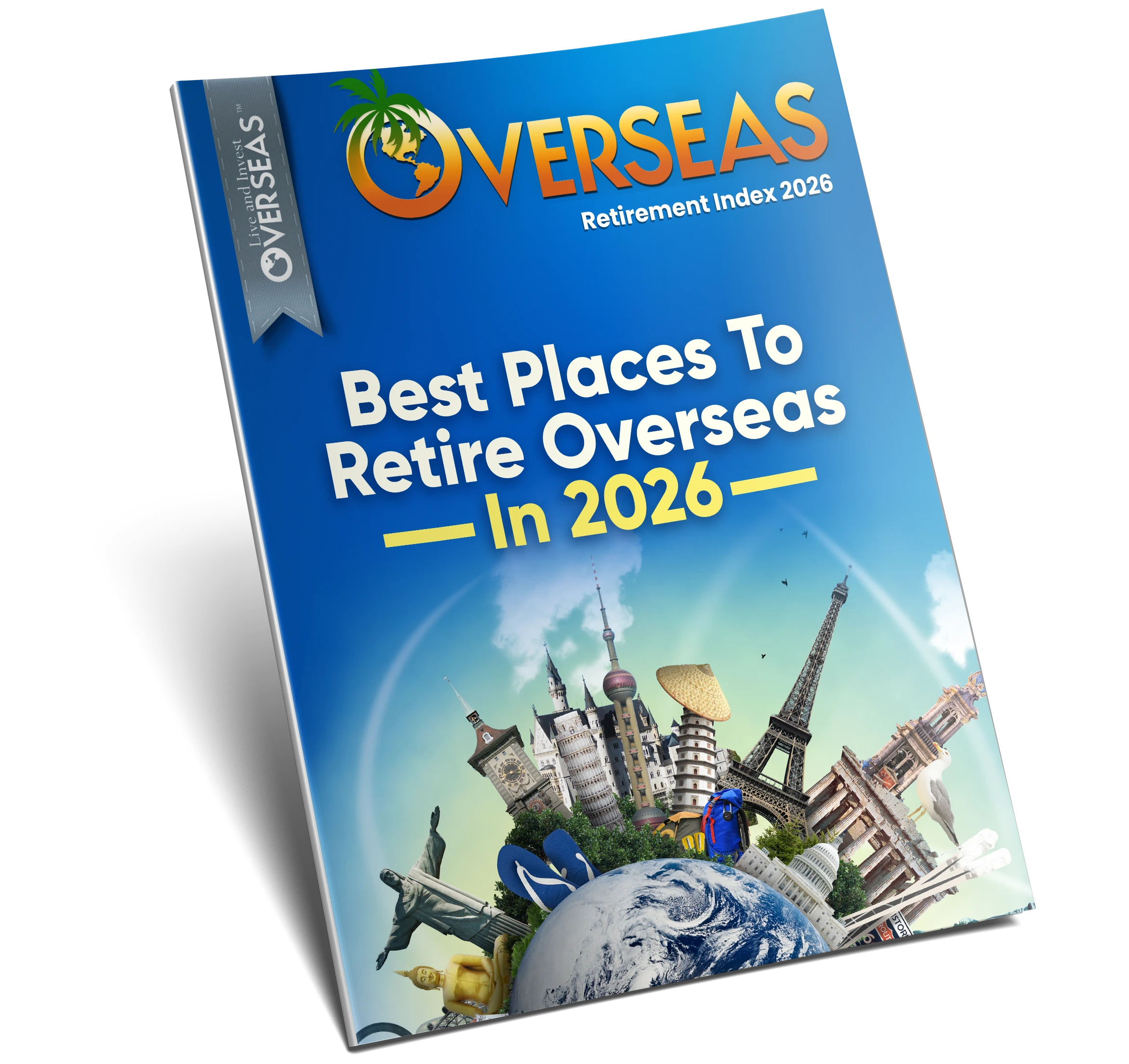






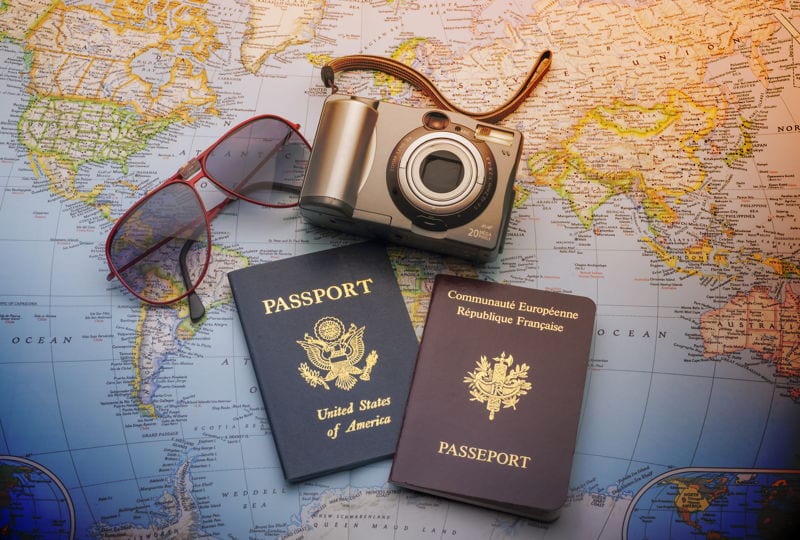






 . '
. '
 . '
. '
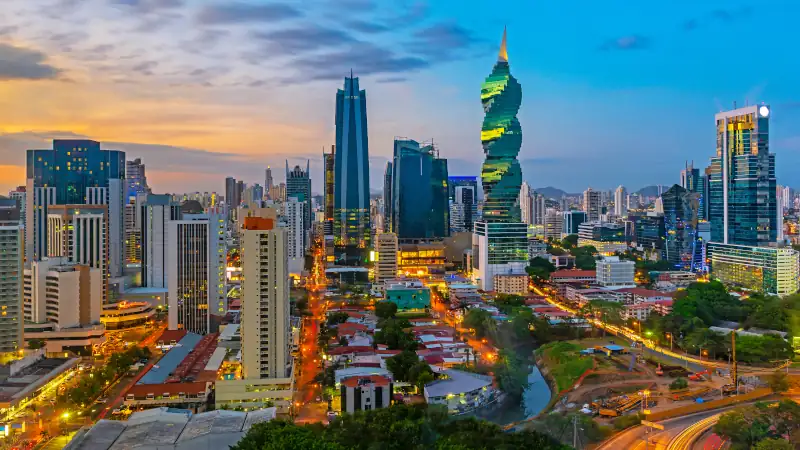 . '
. '
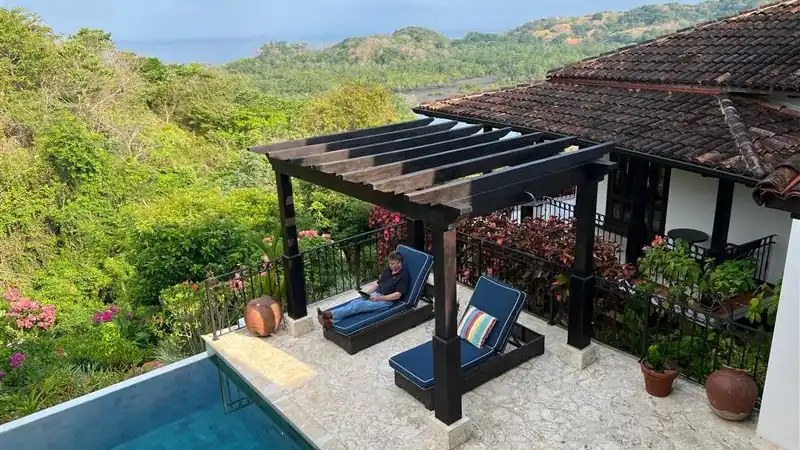 . '
. '
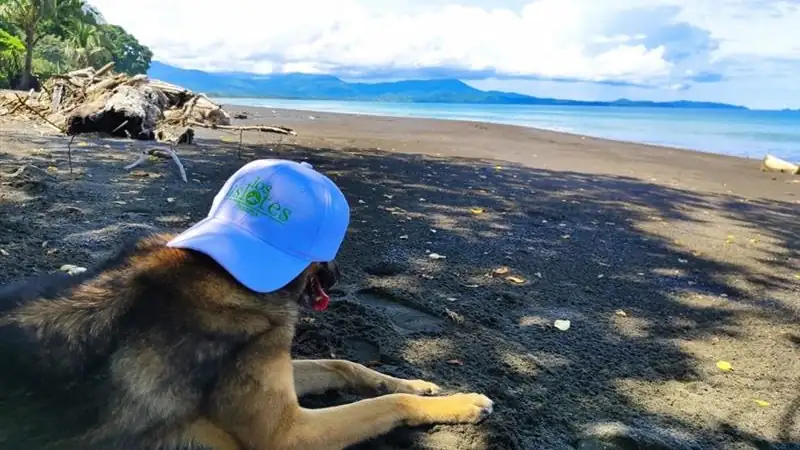 . '
. '







